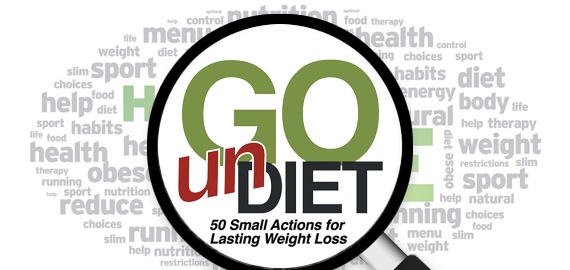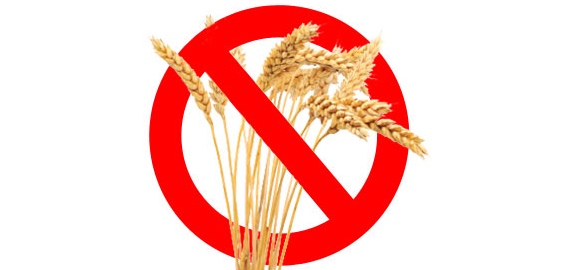How Spicy Foods Can Speed up Your Metabolism
It has long been thought that spicy foods help to speed up your metabolism, but the information on how and how long has been varied and remained somewhat unclear. It is thought the main element that gives chilis their heat - capsaicin - is responsible for creating this effect, as it creates heat generation and raises body temperature upon consumption.
What Is Metabolism?
Metabolism is the amount of energy or calories needed by your body to maintain itself throughout the day. Everyone's metabolism is affected by their body composition so that people with more muscles will have a higher metabolism, while those that are less muscular have a lower metabolism.
A person with a higher metabolism (due to working out and greater muscle mass) will be able to eat more calories daily than another person with the same weight and height that does not workout or have the same amount of muscle mass. Though there are several ways that are said to increase metabolism, the most well-documented way to increase your metabolism is to workout with strength training exercises. Because of the fact that muscle is a more efficient calorie burner than fat, the more you have, the better off you will be.
Capsaicin and Its Effects
Capsaicin is the source from which hot peppers get their heat. It is found in jalapenos, habaneros, cayenne, and most other chili peppers as a colorless compound. Along with its slimming effects, capsaicin is shown to work as a blood thinner, helping to prevent blood clots. Studies targeted on nations where chilis are consumed heavily, such as Thailand, have shown that people that regularly eat hot peppers have a greatly reduced incidence of many blood clotting diseases. Capsaicin is also thought to work as an anti-inflammatory and help to control pain.
How Do Spicy Foods and Metabolism Relate?
Studies have shown that a spicy meal, such as a bowl of chili, can provide a temporary rise in metabolism of about 8% greater than a person's typical metabolic rate. This amount is considered rather negligible and similar studies have reported the same results with people eating black pepper and ginger as well. Though you would have to eat a lot of capsaicin to have an overall effect on your weight, this temporary boost in metabolic rate may also help to suppress your desire to eat.
Other studies have indicated that perhaps the result is not an effect of increased metabolic rate, but that eating spicy foods makes one feel fuller and therefore consume less actual food. One prominent study found that when adult men consumed appetizers with hot sauce, they ate 200 calories less at later meals than those that did not. The study concluded that spicy foods may work as a mild appetite suppressant.
Though the effects of spicy food on metabolism are not fully known, there are definitely some promising health effects, including lowered incidence of certain cancers, in places where people eat primarily spicy foods. All these positive things are all the more reason to pour on some hot sauce or add some chilis to your food and enjoy!
-
How To Maximize Your Metabolism
You cut calories and you exercise. You do exactly what the articles sa
-
5 Ingredients Or Less - Do You Really Know What Is In Your Food?
David Katz, MD coined the term and the program, nutrition detective
-
Mastering the Art of Weight Loss Motivation
Sometimes the desire to lose weight is just not enough. It’s ni
-
I Want To Lose Weight But I Cant Its Too Hard
The first thing people who want to lose weight have to learn to deal w
-
Losing Weight is Fun!
So your gym membership has faded into th
-
Calorie Counting: Five Common Mistakes & How to Avoid Them
Calorie counting means youll need to precisely keep track of all the
- DON'T MISS
- The Story of Debbie Johnson's Weight Loss Miracle
- Problems With Popular Diets
- Maintaining Weight After Weight Loss
- Consistency Is Key To Your Weight Loss Success
- Blacks & Obesity: What Are Today’s Statistics?
- How To Quickly Lose Weight
- How to Lose 22 Pounds in a Month
- Asian Weight Reducing Methods
- 5 Best Aloe Vera Home Made Masks
- How To Overcome Emotional Eating!




